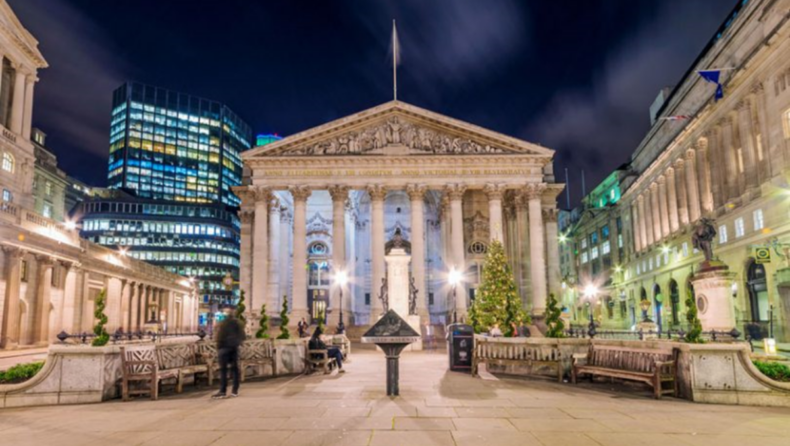
The Bank of England’s governor justified the institution’s decision to raise interest rates. By stating that there is a “real risk” of rapidly rising prices being “embedded.”
With inflation now expected to reach more than 13 percent, interest rates increased to 1.75 percent. It is the highest level in 27 years.
This year, the UK is anticipated to experience its longest recession since 2008 as a result of the global financial crisis.
Inflation-fighting strategies
One strategy to combat inflation is to raise interest rates. It would boost borrowing costs.
This ought to encourage individuals to borrow and save money. It could inspire additional savings on their part.
However, many households—including some mortgage holders—will feel the pinch even more with the interest rate increase.
Decline in the workforce
“The actual danger we’re reacting to is that inflation becomes ingrained, and it doesn’t come down in the way that we would normally expect,” Bank governor Andrew Bailey said.
“Over the last two years or so, we’ve got a domestic shock,” he added. “We’ve also seen a decrease in the labor force.”
“Businesses want to talk to me about their difficulties employing individuals as their first topic of conversation… Additionally, they inform us that raising prices at the present is not difficult for them. Now, we believe that cannot continue.”
Mortgage rates “must have been raised a while ago”
Attorney General Suella Braverman, however, asserted that interest rates “should have been hiked a long time ago.”
In response, Mr. Bailey remarked, “If you go back two years…given the scenario we were confronting at that point in contexts of Covid and the labor market, the idea that at that point we would have tightened monetary policy. Tou know I don’t remember there were many people thinking that.”
At 9.4 percent, UK inflation is at its highest level in more than 40 years. Inflation is the rate at which prices grow.
“Extremely elevated levels”
However, the Bank of England has issued a warning that it may reach a peak of over 13 percent and remain at “extremely elevated levels” for the most of next year. Before dipping back down to the Bank’s objective of 2 percent the following year.
Rising energy costs are a result of Russia’s invasion of Ukraine. They are the primary cause of high inflation and weak growth.
Costs for food, gasoline, and fuel have increased. It has hurt households.
The expected drop would be the most severe since 2008
It is anticipated that the economy would contract in the last three months of this year and continue to contract until the end of 2024.
The anticipated decline would be the worst since 2008. When the UK banking sector was in danger of collapsing and lending was halted.
Although it won’t be as severe as it was 14 years ago. But the recession might endure just as long.
Following the end of last year, mortgage rates have climbed six times in a row
Homeowners with a typical tracker mortgage would now pay an additional £52 per month. It is due to the increase in interest rates to 1.75 percent. There will be a £59 rise for those with ordinary variable rate mortgages.
In comparison to before December 2021, holders of tracker mortgages may have to pay an extra £167 per month. While holders of variable mortgages may have to pay an additional £132. Since the end of last year, interest rates have increased six times in a row.
Increased interest rates also translate into increased fees for credit cards, bank loans, and auto loans.













